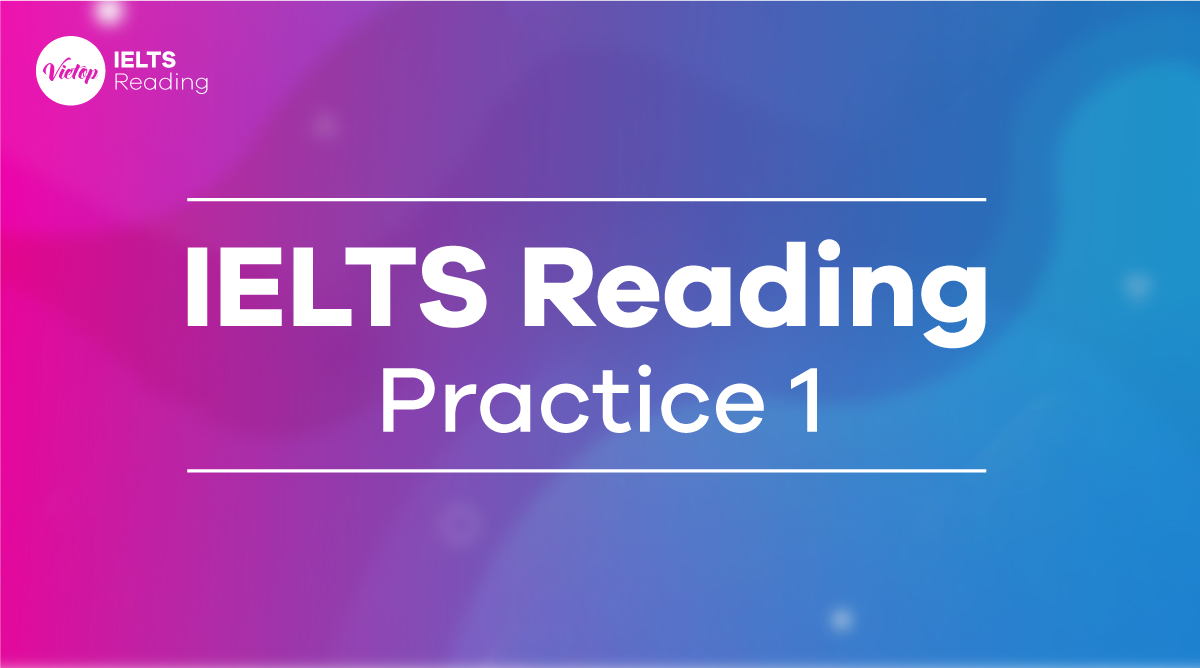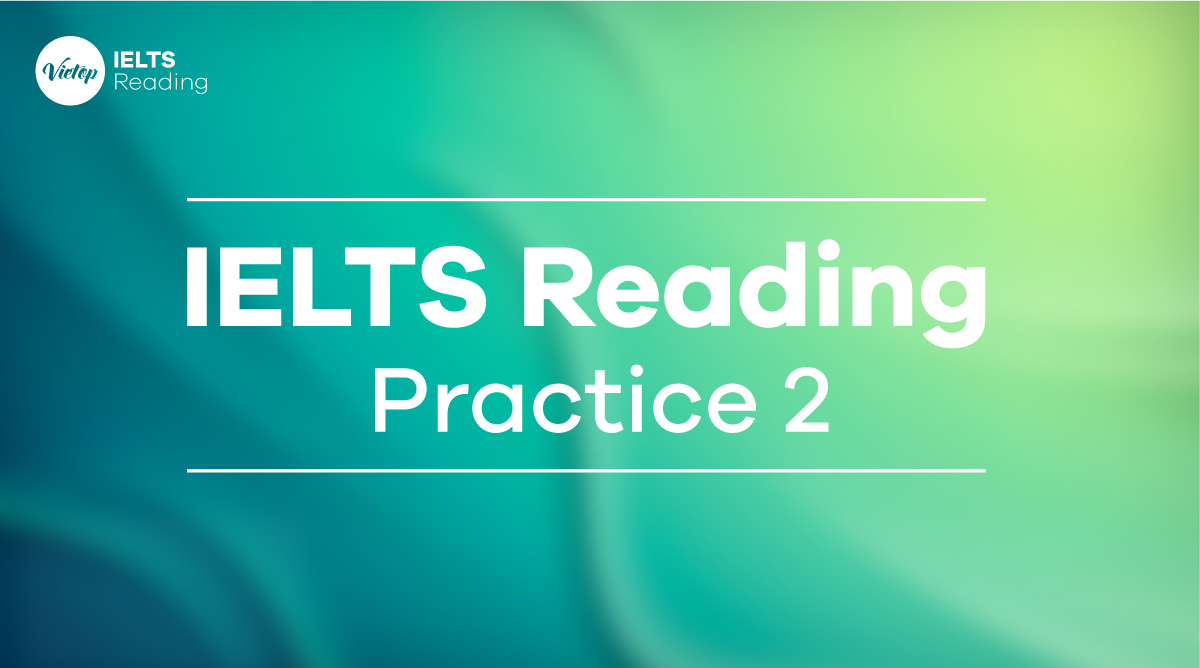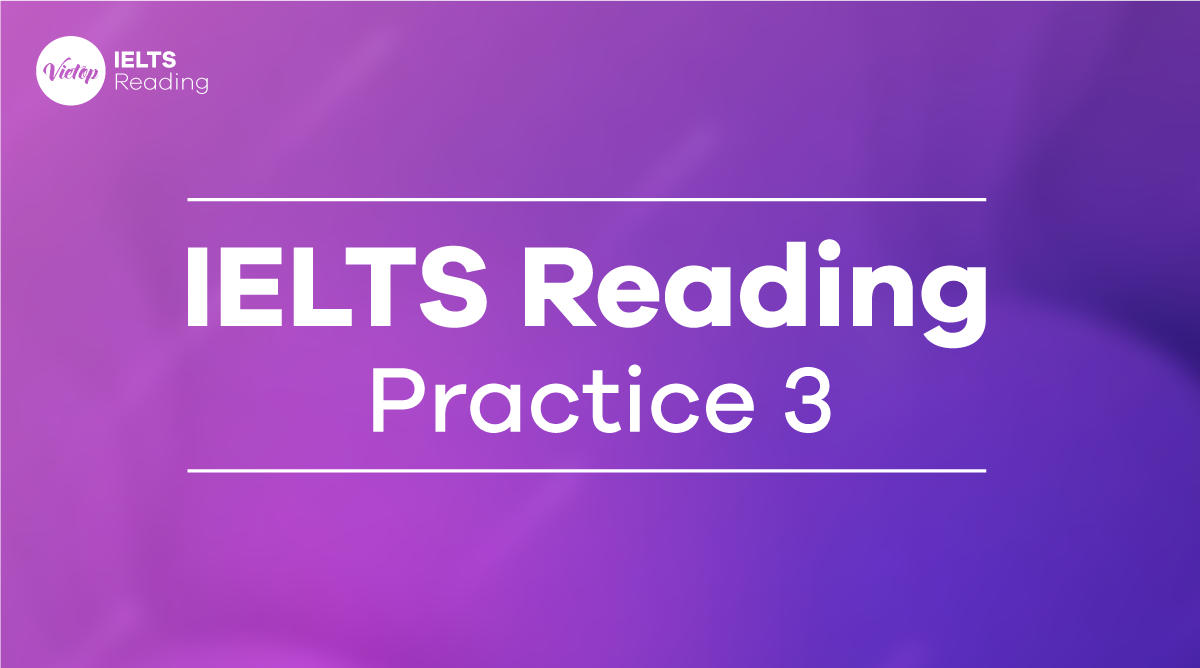IELTS Speaking là một phần quan trọng trong bài thi IELTS, giúp đánh giá khả năng giao tiếp và sử dụng tiếng Anh của bạn. Để đạt được điểm số cao, bạn cần nắm vững cấu trúc bài thi và áp dụng các kỹ năng ngôn ngữ cần thiết. Bài viết này sẽ cung cấp cho bạn hướng dẫn chi tiết về cách làm bài IELTS Speaking, từ việc chuẩn bị kỹ năng ngôn ngữ cho đến các bước giải quyết từng phần trong bài thi.
Hôm nay, thanhtay.edu.vn xin gửi đến bạn một số bài mẫu cho phần thi IELTS Speaking và cách làm bài nhé!
Nội dung chính:
1. Tổng quan về IELTS Speaking
IELTS Speaking là một phần thi có tổng cộng 3 phần, mỗi phần đều đòi hỏi bạn thể hiện khả năng sử dụng tiếng Anh trong các tình huống thực tế. Phần 1 là câu hỏi và câu trả lời cá nhân, phần 2 là miêu tả hình ảnh, và phần 3 là đối thoại với người thi.
2. Cấu trúc bài thi IELTS Speaking
Bài thi IELTS Speaking được chia thành ba phần và thời gian tổng cộng là 11-14 phút. Thí sinh sẽ thi trực tiếp với một giám khảo IELTS. Cấu trúc bài thi bao gồm:
- Phần 1 (4-5 phút): Câu hỏi và câu trả lời cá nhân.
- Phần 2 (3-4 phút): Miêu tả hình ảnh.
- Phần 3 (4-5 phút): Đối thoại.
Tham khảo thêm về Khóa học IELTS tại Thành Tây
3. Kỹ năng ngôn ngữ cần chuẩn bị
Trước khi bắt đầu làm bài IELTS Speaking, bạn cần chuẩn bị kỹ năng ngôn ngữ cần thiết. Điều này bao gồm việc luyện tập phát âm, cách nói tự nhiên và lưu loát, cũng như kỹ năng nghe hiểu.

3.1. Cách luyện tập phát âm
Để có một phát âm chuẩn trong tiếng Anh, bạn có thể thực hiện các bước sau:
- Học các quy tắc phát âm của tiếng Anh.
- Nghe và lặp lại các từ và câu ngắn từ các nguồn tin tức hoặc phương ngôn ngữ bản xứ.
- Sử dụng ứng dụng hoặc các khóa học trực tuyến để luyện tập phát âm.
3.2. Cách nói tự nhiên và lưu loát
Để nói tự nhiên và lưu loát trong tiếng Anh, bạn có thể áp dụng các phương pháp sau:
- Luyện tập nói tiếng Anh hàng ngày, bằng cách tham gia vào các cuộc trò chuyện hoặc tự nói với bản thân.
- Học từ vựng và cụm từ thông qua việc đọc sách, báo, và lướt web.
- Lắng nghe tiếng Anh từ các nguồn tin tức, phim, và bài hát.
3.3. Kỹ năng nghe hiểu
Kỹ năng nghe hiểu là yếu tố quan trọng trong bài thi IELTS Speaking. Để nâng cao kỹ năng nghe hiểu, bạn có thể thực hiện các hoạt động sau:
- Nghe các bài giảng hoặc podcast bằng tiếng Anh và ghi chú.
- Luyện nghe qua việc xem phim, video, hoặc nghe nhạc bằng tiếng Anh.
- Lắng nghe các bài hát tiếng Anh và cố gắng hiểu nghĩa của từng từ và câu.
4. Cách trả lời câu hỏi trong bài thi IELTS Speaking

Trong bài thi IELTS Speaking, việc trả lời câu hỏi một cách tự nhiên và tổ chức ý là rất quan trọng. Dưới đây là một số gợi ý để giúp bạn:
- Nghe câu hỏi một cách cẩn thận và hiểu rõ ý định của câu hỏi.
- Đưa ra câu trả lời ngắn gọn, nhưng đủ thông tin.
- Sử dụng từ vựng và ngữ pháp phong phú để biểu đạt ý kiến và suy nghĩ.
- Tổ chức ý một cách logic và thể hiện quan điểm của bạn.
5. Đặc điểm và phân tích từng phần trong bài thi

Trước khi tham gia vào bài thi IELTS Speaking, hãy hiểu rõ đặc điểm và yêu cầu của từng phần trong bài thi. Dưới đây là phân tích chi tiết:
5.1. Phần 1: Câu hỏi và câu trả lời cá nhân
Phần 1 yêu cầu bạn trả lời các câu hỏi cá nhân về chủ đề cụ thể. Thí sinh cần trả lời câu hỏi một cách ngắn gọn và tự nhiên, nhưng không quá ngắn gọn để tránh choáng váng giám khảo.
5.2. Phần 2: Miêu tả hình ảnh
Trong phần 2, bạn sẽ được cung cấp một bức tranh hoặc hình ảnh và phải miêu tả nó trong vòng 1-2 phút. Hãy lưu ý sử dụng các từ vựng mô tả, cấu trúc câu phức, và biểu đạt ý kiến cá nhân.
5.3. Phần 3: Đối thoại
Phần 3 yêu cầu bạn tham gia vào một cuộc đối thoại với giám khảo. Đây là phần có tính chất thảo luận và yêu cầu bạn diễn đạt quan điểm cá nhân, phân tích và trả lời các câu hỏi một cách logic và tổ chức.
6. Cách giải quyết khó khăn và tránh sai lầm thường gặp

Trong quá trình làm bài IELTS Speaking, có thể bạn sẽ gặp khó khăn hoặc mắc phải những sai lầm thường gặp. Dưới đây là một số gợi ý để giải quyết và tránh các vấn đề này:
- Luyện tập thường xuyên để cải thiện kỹ năng ngôn ngữ của mình.
- Ghi âm và tái nghe lại các bài thi để tự đánh giá và sửa lỗi.
- Đọc và nghe các tài liệu liên quan đến các chủ đề trong bài thi để mở rộng vốn từ vựng và kiến thức.
7. Công thức A.R.E.A trong bài nói IELTS Speaking
Các bài mẫu Speaking IELTS chuẩn thường được áp dụng công thức A.R.E.A. Cụ thể:
- A – Answer: Nêu ra câu trả lời trực tiếp cho câu hỏi.
- R – Reason: Nêu lý do cho câu trả lời.
- E – Example: Nêu ví dụ cụ thể cho câu trả lời.
- A – Alternatives: Tìm và đưa ra ý kiến phản bác cho câu hỏi.
Công thức A.R.E.A này có thể áp dụng cho cả 3 part của bài nói IELTS. Thông thường, bạn chỉ cần giải quyết A.R.E là đủ, Alternatives chỉ cần nêu thêm trong những câu hỏi mang tính chất phức tạp.
8. Câu hỏi thường gặp và bài mẫu IELTS Speaking Part 1
Dưới đây là những chủ đề, câu hỏi thường gặp và các bài mẫu IELTS Speaking Part 1 mà bạn có thể tham khảo:
Bài mẫu IELTS Speaking Part 1 – Topic Singing
- Do you like singing?
→ I enjoy singing, but I don’t particularly appreciate singing in front of an audience. I don’t think of myself as someone who can sing. (A – Answer)
Most of the time, I can’t even hit the right note, not to mention high and low notes. (R – Reason)
I also get stage fright whenever someone looks at me while I’m singing, which results in me forgetting the lyrics. (E – Example)
I had wished to be able to boldly hold the mic and shout my favorite Paramore song from the top of my lungs, but my anxiety always gets the best of me. (A – Alternatives)
- When do you sing?
→ I don’t sing that often (A – Answer)
The reason is I don’t have the time and the right place to sing. So, I mostly sing or hum to my favorite tune during shower time. (R – Reason)
On Sunday, I will visit my lovely aunts as we hold a weekly house-tournament karaoke session. That is the only time where I can freely sing and not worry about anyone judging. (E – Example)
Bài nói IELTS mẫu cho IELTS Speaking Part 1 – Topic Decoration
- What is your house decoration style?
→ I follow the vintage, classic, 80s style when decorating my house. (A – Answer)
Some of my furniture is passed down from my grams. (R – Reason)
They have been in our family’s possession for a very long time, and we have a tradition of caring and maintaining our furniture to its best condition. (E – Example)
As I work through the house decoration, I choose to organize and reuse most of our furniture, and it appears to be working since it brings a very classy vibe to the house. (A – Alternatives)
- Do Vietnamese people like decorating their home?
→ I believe it is a matter of personal preference. (A – Answer)
For example, my father dislikes the idea of decorating your home, while my mother is constantly eager to purchase new items to do so. (E – Example)
Bài mẫu trả lời câu hỏi IELTS Speaking Part 1 – Topic Subject
- What is your favorite subject at school?
→ I was never a student who enjoyed learning. (A – Answer)
I spent most of my time doing P.E and other physical-related subjects, but Literature was an exception that I studied with great interest. (R – Reason)
Growing up, I would either running around playing sport, or sitting somewhere reading novels. (E – Example)
I consider P.E and Literature as two of my forever favorite subjects. (A – Alternatives)
- Do you like your major? Why?
→ I’m a Literature major, and I couldn’t see myself studying anything other than this. (A – Answer)
Being in this major, I learn about cultures and why they are so different from one another, yet still hold many similarities. (R – Reason)
It reflects the origin of our civil society and how our system works through the beauty of Literature. (E – Example)
9. Câu hỏi thường gặp và mẫu trả lời bài nói IELTS Speaking Part 2
Describe a polite person you know
- Who he/she is
- How you knew him/her
- What he/she is like
- And explain why you think he/she is polite
Bài mẫu IELTS Speaking Part 2 – Topic Person:
- Who he/she is?
The first person that comes to my mind is Nam. He is my high school and university schoolmate.
- How you knew him/her?
The first time we met was nearly 10 years ago in high school. He was a mischievous kid who frequently skipped classes, and when he did sit in class, he would sleep the whole time. He held a very smug attitude and bad-mouthed over everyone in class, since he always got perfect grades despite not putting in much effort.
However, things changed 180 when he had his heart broken by his girlfriend of 7 years. I didn’t know the exact reason, but rumor has that she got tired of his unbothered attitude while she was the one who devoted her heart to everything she did.
- What he/she is like?
I think it impacted him greatly. He is more careful with how he would say things, or approach specific jobs since he doesn’t want to come off as a smug, unconcerned, and rude person.
- Explain why you think he/she is polite?
He is now an Artificial Intelligent designer, a job with immense pressure, and he is surrounded by high-ego genius just like him. However, he has learned to initiate conversation when things get heated; learned to apologize when necessary, how to show gratitude to the people around him, and, most importantly, learned how to care.
Describe another language that you would like to learn
- What the language is
- Where it is spoken
- What you think would be difficult
- What would be easy about learning the language and explain why you would like to learn it.
Bài nói IELTS mẫu đơn giản cho IELTS Speaking Part 2 – Topic Language:
- What the language is?
I must admit that I’m a language nerd. I’ve learned three languages so far, but there’s one that I’ve wanted to learn for a long time, and it is Korean.
- Where it is spoken?
Korean is mainly used in Korea. However, since the Hallyu wave is taking the world by storm, you can almost hear the Korean language as soon as you log onto Youtube or any movie streaming platform.
- What you think would be difficult?
Like Chinese and Japanese, the Korean language has its own alphabet and uses a variety of characters in its writing, which is very different from my native tongue, which is the Latin language.
- Why you would like to learn it?
I remember watching K-drama and listening to K-pop since 1st grade as my sister is a K-pop fan. I must admit, the Korean leadership has successfully planned, pushed, and branded the Hallyu wave to international markets.
Describe a time you made a promise to someone
- What the promise was
- To whom you made it
- Whether it was easy or difficult to keep
- And explain why you made it
Bài mẫu IELTS Speaking Part 2 – Topic Promise:
- What the promise was, To whom you made it
I’d like to tell you about the time I promised to bring my fiancée back to my hometown with me.
It happened a little over four months ago. We were both having a stressful time at work, so we agreed to let off steam by taking a trip to my parent’s home before our work broke us.
- Whether it was easy or difficult to keep?
We made our plan 3 months before the trip. During those 3 months, work kept piling up, we also stumbled with financial problems and couldn’t be each other best supporters.
- Explain why you made it
However, we decided to go on our “last” trip so my parents won’t be disheartened by the abrupt news. We almost called our relationship off but that trip, and my mom’s home-cooked meals, saved it.
10. Câu hỏi thường gặp và bài mẫu IELTS Speaking Part 3
Do you think imagination is essential for scientists?
Bài nói IELTS mẫu cho IELTS Speaking Part 3:
Yes. I 100% agree with this statement.
As we may know, scientists spend the majority of their time conducting research, conducting surveys, and discovering new information in their fields.
Most of what they are looking into is non-existent beforehand, so they usually research with nothing but a blank canvas, pre-established knowledge, and a creative and open mind to assess unpredictable situations.
What subjects are helpful for children’s imagination?
Bài mẫu IELTS Speaking Part 3:
I believe that all subjects can help young people develop their imagination.
It’s because their school subjects require them to think and come up with their interpretation.
They must imagine what their painting will look like before drawing it or what the song will sound like before singing it in art and music. Children are often assigned to envision numbers, chemical reactions, animals, plants, …. science classes.
What kinds of promises do people often make?
Bài speaking mẫu cho IELTS Speaking Part 3:
I think this is a tricky question, because people make all types of promises.
Some people, for example, promise a gift or a surprise to their friends or family; doctors promise to rescue a patient; employees promise to meet deadlines;…
Because we can make promises using almost everything, it’s difficult to specify any certain “kinds” of promises here.
Do you think that young people should have detailed career plans?
Bài nói IELTS mẫu cho IELTS Speaking Part 3:
Yes, I think having plans, in general, is always needed and appreciated.
For example, students should consider their future careers and personal interests when choosing their academic path.
On the other hand, having specific career plans too early is not as beneficial as it seems. Since our society changes almost daily, and no one can predict the future, it is better to have a specific plan on skills and knowledge rather than a specific career.
Do you think it’s important for children to learn to keep their promise?
Mẹo trả lời câu hỏi IELTS Speaking Part 3:
It is, without a doubt, very critical.
One’s ability to keep a promise can define their credibility. In this day and age, credibility and trust are far more valuable than expensive crystals.
If you make a promise to someone and then break it, they are less likely to take upon your words in the future.
Tham khảo:
- Forecast IELTS Speaking quý 2/2021
- Bài mẫu đề thi IELTS Writing Quý 1/2021
- IELTS Writing Task 2 – Agree or Disagree
Hy vọng bài viết trên sẽ giúp ích cho bạn trong quá trình luyện thi IELTS. Chúc các bạn đạt được kết quả cao bài thi IELTS Speaking nhé!






